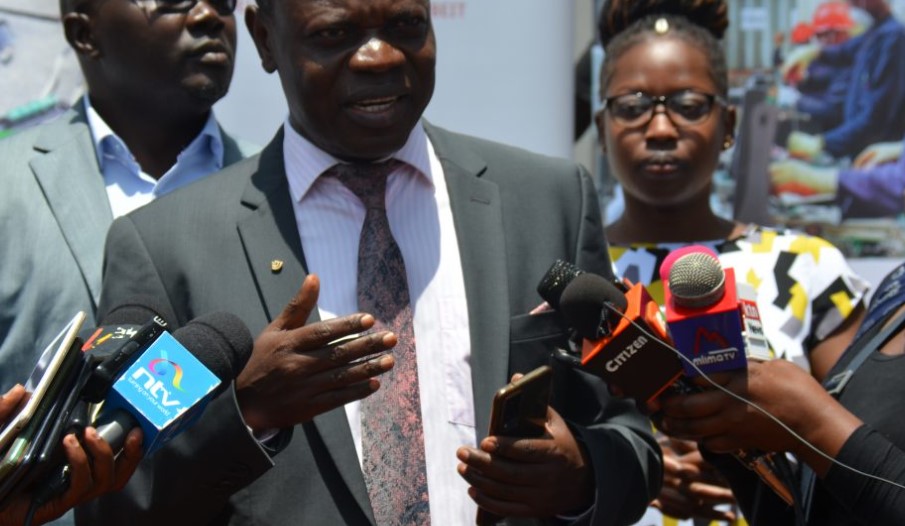Meru University of Science and Technology (MUST) has unveiled an E-waste management project to promote environmental conservation by getting rid of the enormous electronic waste in the country.
Prof. Romanus Odhiambo, vice chancellor of MUST, said the project intends to increase public awareness of e-waste and recycling, involve stakeholders, teach as many people as possible, increase the faculty's processing capacity, including research, and create jobs.
He claimed that the facility has already trained 175 technicians who will graduate in June and then spread their knowledge throughout the communities and, eventually, the entire nation.
As the concept is expanded, according to Odhiambo, the graduates will also serve as representatives for the university's collecting centre.
Did you read this?
Odhiambo noted that 53.6 million metric tonnes of e-waste were produced each year according to the global e-waste monitor report of 2020.
“If left unchecked this could double to 120 million tonnes by 2050. Globally, only 17.4 percent of e-waste is managed appropriately,” he said.
Further, he said that e-waste is expected to increase from 5 per cent to 8 per cent due to the increased use of ICT equipment globally.
According to him, the university will make an effort to follow a circular economy, which aims to produce no waste and instead uses, cares for, repairs, reuses, and recycles as much as possible in an environmentally responsible way.
“This is intended to be the preferred alternative to the dominant economic development that contributes to a lot of disposed off e-waste,” said Odhiambo.
The Germany Development Corporation, in collaboration with the European Union and other private e-waste management partners, provided funding for the initiative.
MUST has built a fully operational sanitation research facility that examines circular research on organic waste in addition to the e-waste management project
It is currently taking food, and human waste and trying to see how it can create wealth from them.
“We plan to upscale the current technician courses to bachelors, masters, and probably PHDs where we plan to do research about the problematic e-waste fractions that are difficult to recycle and come up with noble ways of recycling to reduce the cost in order to achieve more impact by research and recycling more tonnes of e-waste at minimal cost,” said Odhiambo.









